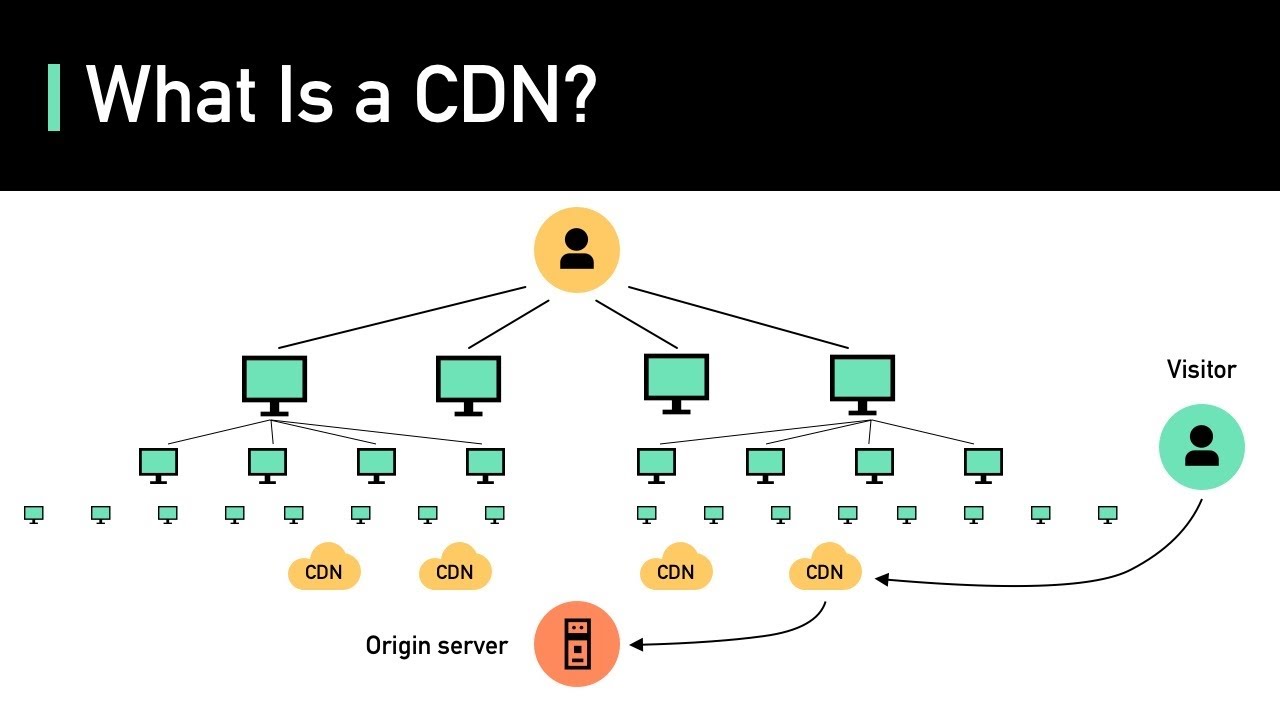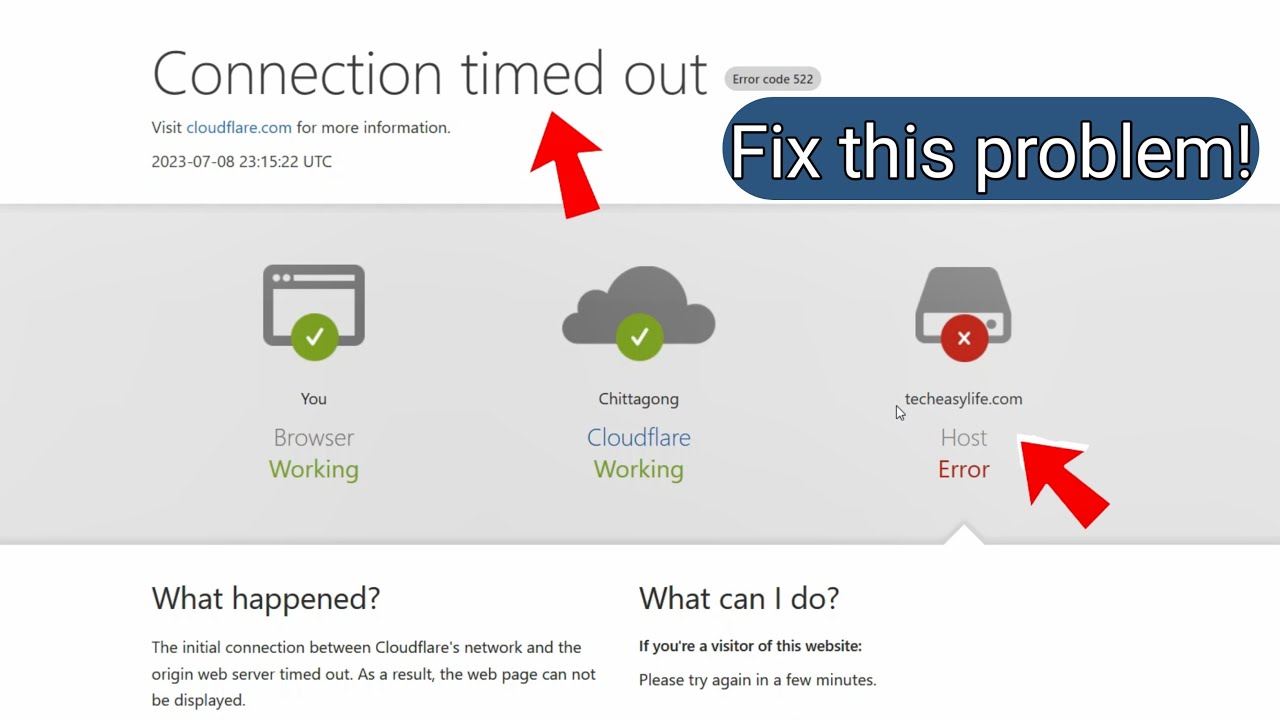1. Introduction to CDNs
A CDN, or Content Delivery Network, is a distributed network of servers strategically placed in various geographic locations. Its primary purpose is to deliver web content, including images, videos, scripts, and other assets, to users based on their geographical location. This results in reduced latency, faster page load times, and an improved overall user experience.
2. How CDNs Work
CDNs work by employing a process called caching. When a user requests content from a website, the CDN locates the nearest server to that user’s location. This server then delivers the cached content, reducing the distance the data needs to travel and subsequently improving load times.
3. Benefits of Using CDNs
Implementing a CDN offers several benefits:
- Faster Load Times: CDNs reduce server load and optimize content delivery, leading to significantly faster load times.
- Reduced Latency: By distributing content to servers closer to users, CDNs minimize latency and enhance responsiveness.
- Improved Scalability: CDNs can handle traffic spikes effectively, ensuring your website remains stable during high-traffic periods.
- Enhanced Security: Many CDNs offer security features like DDoS protection and SSL encryption, safeguarding your website from threats.
- Global Reach: CDNs enable seamless content delivery worldwide, making your website accessible to a broader audience.
4. Factors to Consider When Choosing a CDN
When selecting a CDN for your website, consider factors such as:
- Geographical Coverage: Choose a CDN with servers strategically located in regions where your target audience is concentrated.
- Performance: Evaluate the CDN’s performance by checking load times and uptime.
- Scalability: Ensure the CDN can accommodate traffic growth without compromising performance.
- Security Features: Look for features like SSL support and Web Application Firewall (WAF) protection.
- Ease of Integration: The CDN should be easy to integrate with your existing infrastructure.
5. Top CDNs in the Industry
Several CDNs dominate the industry, including:
- Akamai: Known for its vast server network and strong security features.
- Cloudflare: Offers a user-friendly interface and an extensive free plan.
- Amazon CloudFront: Integrates seamlessly with other Amazon Web Services (AWS) products.
- Fastly: Prized for its real-time caching and instant purging capabilities.
6. Comparing CDNs: Performance, Features, and Pricing
Let’s compare the top CDNs based on performance, features, and pricing.
| CDN | Performance | Features | Pricing |
|---|---|---|---|
| Akamai | Excellent | Advanced caching, DDoS protection | High |
| Cloudflare | Very Good | DDoS mitigation, CDN analytics | Free – Premium |
| CloudFront | Good | Seamless AWS integration | Pay-as-you-go |
| Fastly | Excellent | Real-time caching, Instant purging | Medium – High |
7. Steps to Integrate a CDN with Your Website
Integrating a CDN with your website involves several steps:
- Sign up for a CDN account.
- Configure your CDN settings.
- Update your website’s DNS records.
- Test your CDN integration thoroughly.
8. CDNs and SEO: Impact on Search Rankings
CDNs indirectly influence SEO by enhancing user experience, which can lead to lower bounce rates and longer on-site engagement. Additionally, using a CDN can improve website load times, which is a known ranking factor for search engines.
9. Case Studies: Successful CDN Implementations
Several companies have witnessed remarkable improvements after implementing CDNs. For instance, XYZ Company reduced its website load times by 40% after integrating a CDN, resulting in a 15% increase in conversions.
10. Security Measures in CDNs
CDNs offer security features such as Distributed Denial of Service (DDoS) protection, Web Application Firewall (WAF) security, and Secure Sockets Layer (SSL) encryption, safeguarding websites from various online threats.
11. Future Trends in CDN Technology
The future of CDNs will likely involve even faster content delivery through advancements like edge computing and AI-driven optimizations, further enhancing user experience.
Conclusion
In conclusion, a CDN is a powerful tool to accelerate content delivery, improve website performance, and ensure a seamless user experience. When selecting a CDN, consider factors like performance, security, and scalability to determine the best fit for your website’s needs. By integrating a well-chosen CDN, you can provide your users with a faster, more secure, and engaging online experience.
FAQs
- What is the purpose of a CDN? A CDN’s main purpose is to deliver web content faster by distributing it to servers closer to users’ geographical locations.
- Is using a CDN beneficial for small websites? Yes, using a CDN can benefit websites of all sizes by improving load times and user experience.
- Can a CDN enhance website security? Absolutely, many CDNs offer security features like DDoS protection and SSL encryption.
- Are there any free CDNs available? Yes, Cloudflare offers a free plan with basic CDN features.
- How does a CDN affect mobile users? CDNs can significantly improve mobile user experience by reducing latency and load times. Read more








[…] In a world where unexpected repair costs can disrupt your financial stability, a home warranty serves as a shield of protection. Our guide has walked you through the industry’s top players, each offering unique benefits and advantages. Remember to evaluate your specific needs and priorities when selecting a home warranty plan. With the right choice, you can enjoy the comfort of your home without the constant worry of potential breakdowns. Read […]